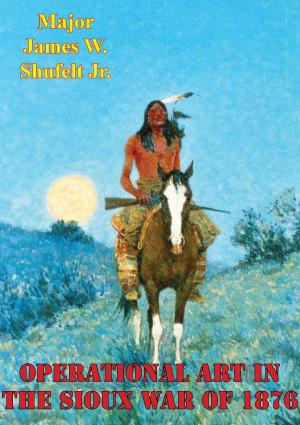Mixed Blessing: The Role Of The Texas Rangers In The Mexican War, 1846-1848
Nonfiction, Social & Cultural Studies, Social Science, Cultural Studies, Native American Studies, History, Americas, United States, 19th Century, Biography & Memoir| Author: | Major Ian B. Lyles | ISBN: | 9781782899532 |
| Publisher: | Normanby Press | Publication: | November 6, 2015 |
| Imprint: | Normanby Press | Language: | English |
| Author: | Major Ian B. Lyles |
| ISBN: | 9781782899532 |
| Publisher: | Normanby Press |
| Publication: | November 6, 2015 |
| Imprint: | Normanby Press |
| Language: | English |
The Texas Rangers assumed many roles during the Mexican War (1846-1848), fighting in both the northern and central theaters. Along with frontier knowledge and combat experience, they also brought prejudices and they earned a reputation for ill-discipline. Thus, the central research question is whether the Texas Rangers contributed to the success of conventional army forces or did they materially hinder Generals Taylor and Scott more than they helped? Analysis begins by discussing the Mexican War, the Texas Rangers, and the concept of Compound Warfare (CW) (conventional and unconventional forces employed simultaneously to gain a synergistic advantage). CW theory is used to evaluate the Rangers’ contributions. Ranger actions in support of Taylor’s first battles and his movement to and conquest of Monterey, followed by the Battle of Buena Vista are described and evaluated. The Rangers’ counter-guerilla operations in both theaters are evaluated next. The conclusion is that the Texas Rangers did contribute positively overall to the success of American commanders throughout the war despite some problems and atrocities. The final chapter also discusses the work’s current relevance and suggests way for today’s commanders to avoid problems when integrating irregular forces from differing cultures into the laws of war.
The Texas Rangers assumed many roles during the Mexican War (1846-1848), fighting in both the northern and central theaters. Along with frontier knowledge and combat experience, they also brought prejudices and they earned a reputation for ill-discipline. Thus, the central research question is whether the Texas Rangers contributed to the success of conventional army forces or did they materially hinder Generals Taylor and Scott more than they helped? Analysis begins by discussing the Mexican War, the Texas Rangers, and the concept of Compound Warfare (CW) (conventional and unconventional forces employed simultaneously to gain a synergistic advantage). CW theory is used to evaluate the Rangers’ contributions. Ranger actions in support of Taylor’s first battles and his movement to and conquest of Monterey, followed by the Battle of Buena Vista are described and evaluated. The Rangers’ counter-guerilla operations in both theaters are evaluated next. The conclusion is that the Texas Rangers did contribute positively overall to the success of American commanders throughout the war despite some problems and atrocities. The final chapter also discusses the work’s current relevance and suggests way for today’s commanders to avoid problems when integrating irregular forces from differing cultures into the laws of war.
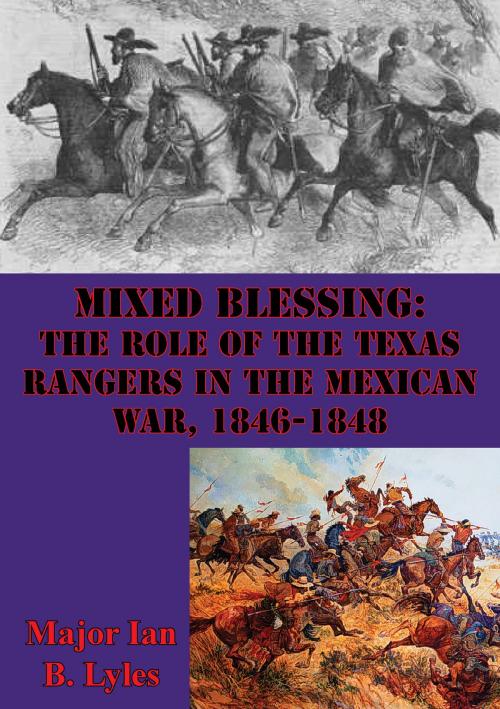

![Cover of the book The Final Collapse [Illustrated Edition] by Major Ian B. Lyles](https://www.kuoky.com/images/2016/march/300x300/9781786258694-i7uE_300x.jpg)
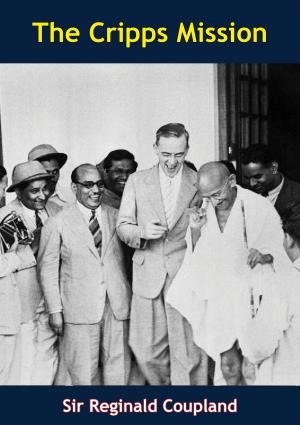
![Cover of the book DRIVE NORTH - U.S. Marines At The Punchbowl [Illustrated Edition] by Major Ian B. Lyles](https://www.kuoky.com/images/2015/november/300x300/9781786251503-gE5z_300x.jpg)
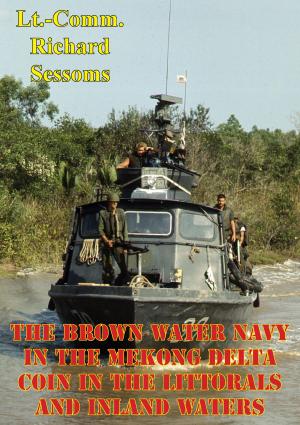
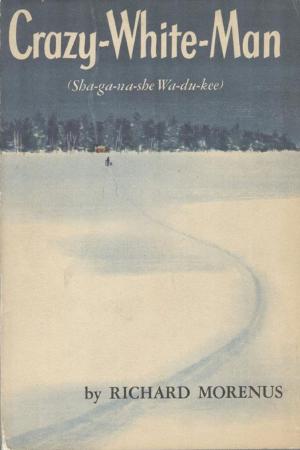
![Cover of the book A Lady’s Escape From Gwalior [Illustrated Edition] by Major Ian B. Lyles](https://www.kuoky.com/images/2014/june/300x300/9781782892274-491G_300x.jpg)
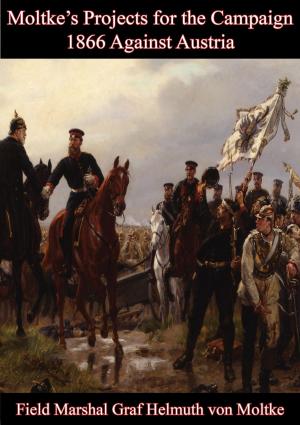
![Cover of the book The History of the French Revolution Vol I [Illustrated Edition] by Major Ian B. Lyles](https://www.kuoky.com/images/2016/november/300x300/9781787202801-U1vl_300x.jpg)



![Cover of the book The Invasion of the Crimea: Vol. II [Sixth Edition] by Major Ian B. Lyles](https://www.kuoky.com/images/2017/january/300x300/9781787203433-BbNS_300x.jpg)

